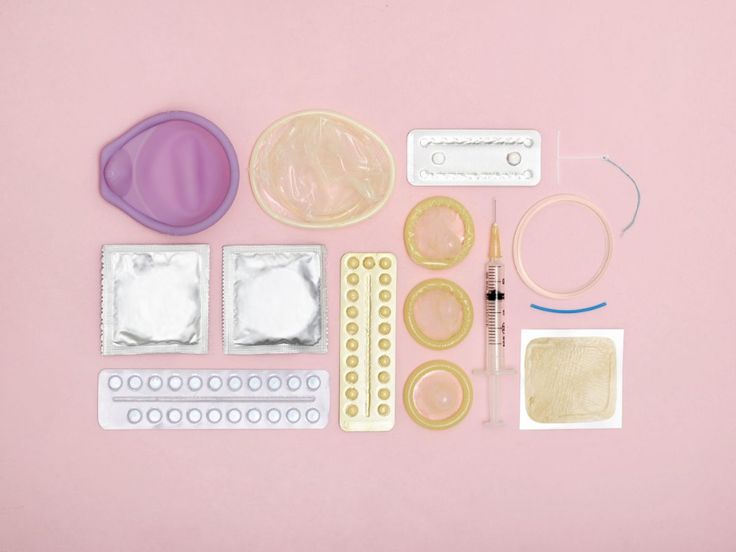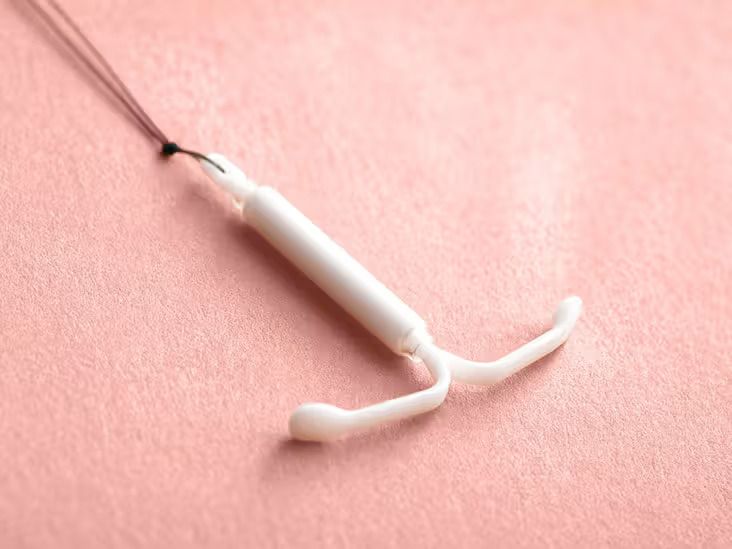Choosing birth control and contraception is a personal choice for women and a topic that we provide care, education and support around.
Our doctors provide Mirena hormonal intrauterine device (IUD) insertion and removal as well as consultations to help women make the right choices per their health and needs.
It’s important to approach these decisions with comprehensive information and guidance. We are dedicated to ensuring that each individual feels empowered and informed about their options.
In addition to Mirena, we also offer a variety of other contraceptive methods, including oral contraceptives, implants, and more, each with their own advantages and considerations. During consultations, we discuss the effectiveness, potential side effects, and suitability of each option, taking into account personal health history and lifestyle.
Our goal is to provide a safe and supportive environment where questions and concerns can be openly addressed. We believe that informed choices lead to better health outcomes and greater peace of mind.

Whether you’re looking to start a family, delay pregnancy, or manage other health-related issues, we’re here to support you every step of the way.
About the Mirena hormonal intrauterine device (IUD)
The device prevents pregnancy for up to 5 years, and can also help with heavy periods for up to 5 years depending on circumstances.
The Mirena IUD can be used whether you’ve had a baby or not and can be removed by our professionals anytime in the event your plans change.
The insertion and removal of the device is a simple, quick procedure that may cause cramping or slight pain which typically only lasts for a minute or two.
You can find more information about the device here.

More information – FAQs
What is a Mirena device?
Mirena is a hormonal intrauterine device (IUD) that is inserted into the uterus to prevent pregnancy. It’s a T-shaped device that releases a progestin hormone called levonorgestrel.
How does Mirena prevent pregnancy?
Mirena works in a few ways. By thickening the cervical mucus, which makes it difficult for sperm to reach the egg and also thinning the uterine lining, reducing the likelihood of implantation.
How effective is Mirena at preventing pregnancy?
Mirena is one of the most effective forms of birth control, with a failure rate of less than 1% when used correctly. This means it’s highly reliable in preventing unintended pregnancies.
Can Mirena be used by women who have not given birth previously?
Yes, Mirena can be used by both women who have given birth and those who have not. It is a suitable option for many women, regardless of their childbirth status.
Is Mirena reversible?
Yes, Mirena is reversible. Once the device is removed, fertility should return to normal relatively quickly, allowing you to become pregnant if you wish.
Our doctors can help you with a path to healthy pregnancy should you choose.
Are there any common side effects of Mirena?
Yes, there can be a few, depending on your circumstances. Common side effects of Mirena may include irregular bleeding or spotting, possible slight headaches, breast tenderness, and in some cases, mood changes.
Many users experience a reduction in menstrual flow or even the absence of periods over time.
